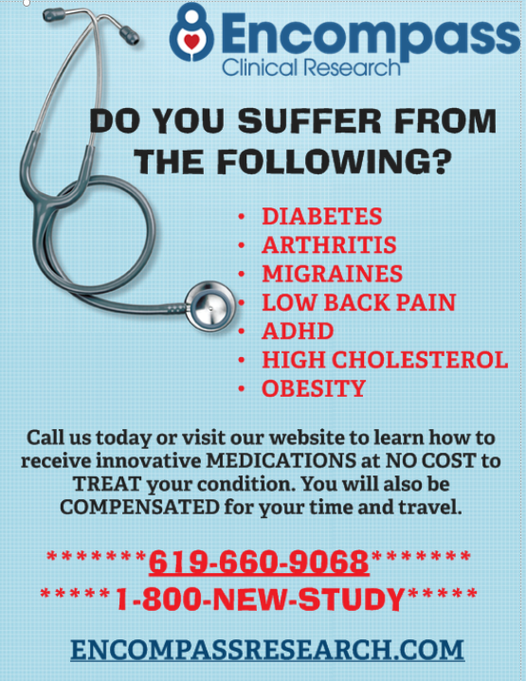Dr. Hanid Audish leads the way in revolutionizing healthcare research, guiding our organization towards a patient-centered approach. They recognize the pivotal role patients play in the success and relevance of clinical trials, which is why our framework places the individual at the core of the investigative process. This shift in our philosophical approach to medical research is not a passing trend; it represents a fundamental change. By combining the rigor of scientific exploration with a focus on human experience, we strive to make our research more meaningful, relevant, and closely aligned with real-world scenarios. Their goal is to view clinical trials as more than just a means of scientific discovery, but also as an opportunity to understand and enhance the patient’s experience. In doing so, we contribute to the broader narrative of healthcare advancement.
One of the cornerstones of patient-centered trials is the emphasis on Patient Reported Outcomes (PROs). Historically, clinical trials relied heavily on objective measures such as laboratory results and physician assessments. While these metrics are undoubtedly crucial, they often fall short in capturing the holistic impact of a disease on an individual's life. Patient Reported Outcomes, on the other hand, provide a direct line of insight into how patients experience their condition, the effects of treatment, and the overall quality of their lives.
Imagine a scenario where a patient undergoing a clinical trial for a new cancer therapy not only reports reduced tumor size but also articulates how the treatment has influenced their ability to engage in daily activities, their emotional well-being, and their overall satisfaction with life. This depth of understanding, gleaned directly from the patient, enriches the data collected, providing a more comprehensive picture for researchers, clinicians, and regulators alike.
In the healthcare sector, patients are no longer passive recipients but proactive participants in their healthcare journey. This shift acknowledges the evolving dynamics of the field. Dr. Hanid Audish has played a significant role in championing this philosophy within our organization. Historically, the medical field was highly physician-centric, with doctors providing treatment options and recommendations based on their clinical expertise. However, this traditional model often overlooked the unique perspectives, values, and preferences of individual patients. We believe that healthcare should be a collaborative endeavor where the patient's voice is instrumental in shaping the course of treatment.
In the realm of patient-centered trials, the paradigm shifts towards collaborative decision-making. Patients are encouraged to actively engage in conversations with their healthcare providers, sharing their preferences, concerns, and goals. This collaborative approach not only respects the autonomy of the patient but also ensures that treatment plans align with the patient's values and lifestyle. This shared decision-making process fosters a sense of empowerment, turning patients into informed partners rather than passive recipients of medical interventions.
The pivotal role of Health-Related Quality of Life (HRQoL) in patient-centered trials is one that cannot be understated. It broadens the clinical perspective from a singular focus on specific health outcomes to a more comprehensive view of patient health. Dr. Hanid Audish, among other researchers, appreciates the fact that health should not equate merely to the absence of disease but is instead a multidimensional construct of well-being inclusive of physical, mental, and social aspects. Thus, in patient-centered trials, it's evident that intervention strategies should not solely target alleviating disease-specific symptoms but should also encompass efforts to enhance the overall quality of life of patients.
Consider a patient enrolled in a trial for a chronic condition. Traditional endpoints might include measures like blood pressure or disease-specific markers. However, a patient-centered approach would also evaluate the impact on the individual's daily functioning, emotional state, and social interactions. By incorporating HRQoL assessments, researchers gain a more nuanced understanding of the treatment's true impact on the patient's life, enabling them to make more informed decisions about the intervention's effectiveness and applicability in real-world settings.
To bring these principles to life, research clinics play a pivotal role in the execution of patient-centered trials. These clinics are not just sterile environments where data is collected; they are hubs of collaboration, communication, and compassion. A patient stepping into a research clinic should feel not only like a participant in a study but a valued contributor to the advancement of medical knowledge.
Research clinics in the realm of patient-centered trials, such as those led by Dr. Hanid Audish, prioritize patient engagement and comfort. From the design of the physical space to the demeanor of the research staff, every element is curated to foster an environment where patients feel heard, respected, and understood. The importance of clear communication cannot be overstated; patients should be well-informed about the trial, its objectives, potential risks, and benefits. This transparency builds trust, a cornerstone of successful patient-centered research.
Moreover, research clinics in this paradigm recognize the uniqueness of each patient. Protocols are designed with flexibility to accommodate the individual needs and circumstances of participants. This approach not only enhances the external validity of the research but also reflects the ethical imperative of considering the diverse backgrounds and contexts of patients involved in clinical trials.
At Encompass, under the leadership of Dr. Hanid Audish, we firmly believe that patient-centered trials represent a paradigm shift in healthcare research, placing the human experience at the forefront of scientific inquiry. Patient Reported Outcomes, Shared Decision Making, and Health-Related Quality of Life are not just buzzwords; they are the pillars supporting a more holistic, patient-centric approach to clinical research. The role of research clinics in this transformation cannot be understated, as they become the conduits through which the principles of patient-centeredness are translated into action. As we continue to explore the untapped potential of patient-centered trials. The goal is not just to gather data but to enrich our understanding of health and disease in ways that resonate with the lived experiences of those we aim to serve.






Comments